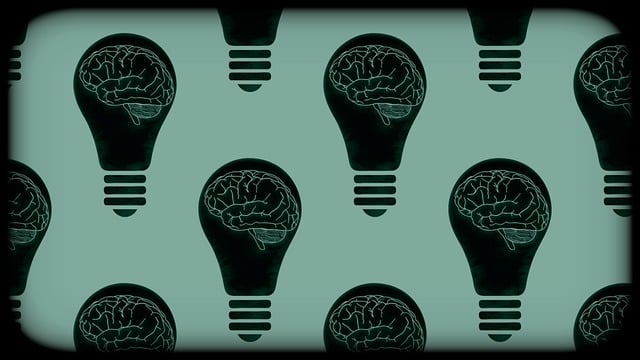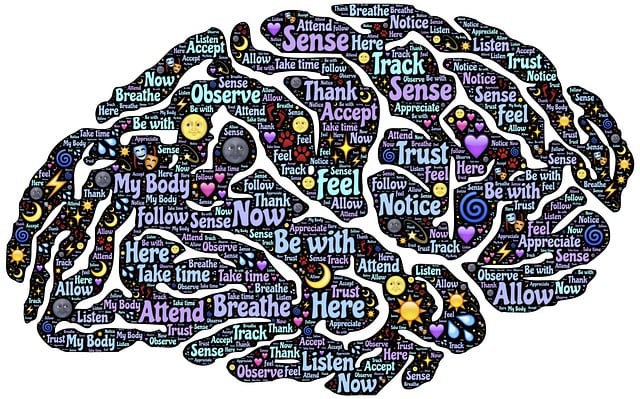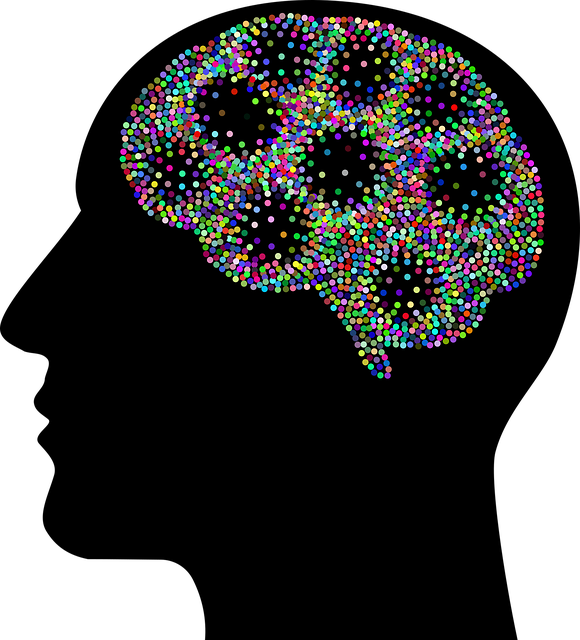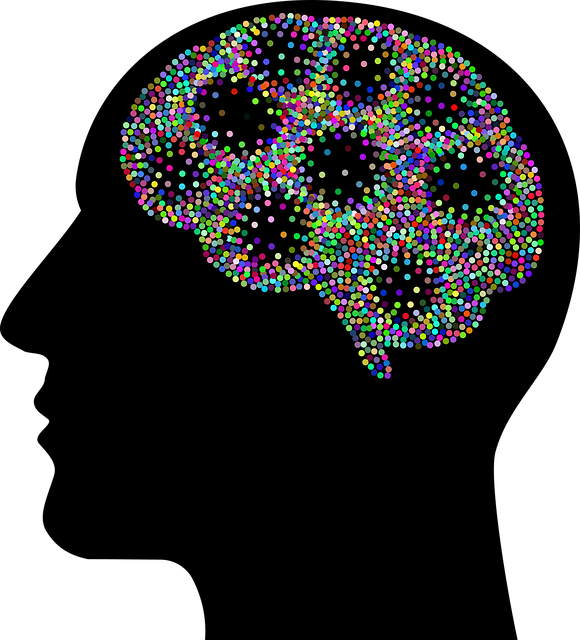TL;DR:
Emotion regulation is key to addressing interpersonal issues in therapy, enhancing well-being through stress reduction and emotional control. Unmanaged emotions lead to conflicts in personal and professional settings, linked to low self-esteem and poor coping strategies. CBT and mindfulness-based interventions teach healthier thinking and present-moment awareness, while community outreach programs promote conflict resolution skills. Regular practice of techniques like mindfulness and active listening improves emotional intelligence, leading to thoughtful responses and stronger relationships across diverse communities.
Emotion regulation is a crucial skill, especially in navigating complex interpersonal relationships. This article delves into the significance of understanding and managing emotions, highlighting their profound impact on our interactions with others. We explore common interpersonal issues stemming from unmanaged emotions and present effective therapy approaches to teach valuable emotion regulation skills. Furthermore, practical techniques are offered to enhance emotional intelligence, ultimately improving interpersonal connections and providing solutions for those seeking therapy for interpersonal issues.
- Understanding Emotion Regulation and Its Impact on Interpersonal Relationships
- Common Interpersonal Issues Arising from Unmanaged Emotions
- Effective Therapy Approaches for Teaching Emotion Regulation Skills
- Practical Techniques to Enhance Emotional Intelligence and Improve Interpersonal Interactions
Understanding Emotion Regulation and Its Impact on Interpersonal Relationships

Understanding emotion regulation is a cornerstone in addressing interpersonal relationships and seeking therapy for interpersonal issues. It involves recognizing, managing, and modifying emotional responses to adapt to different social contexts effectively. By learning stress reduction methods and cultivating better emotional regulation, individuals can enhance their interactions with others. This process not only fosters deeper connections but also promotes healthier communication patterns.
Social skills training plays a crucial role in this journey as it equips individuals with the tools to interpret and respond to emotional cues from peers and loved ones. Mastering emotional regulation allows people to navigate interpersonal dynamics more harmoniously, reducing conflicts and misunderstandings. As a result, these techniques contribute significantly to overall well-being, making them essential components in various therapy approaches for those seeking to improve their relationships and social lives.
Common Interpersonal Issues Arising from Unmanaged Emotions

Unmanaged emotions can significantly impact our interpersonal relationships, leading to a range of issues that often require professional intervention, such as therapy for interpersonal problems. When left unaddressed, strong emotions like anger, sadness, or anxiety can manifest in unhealthy ways, causing conflict and strain in personal and professional settings. For instance, individuals might engage in argumentative behaviors, struggle to communicate effectively, or even withdraw from social interactions altogether.
These interpersonal challenges are often interconnected with low self-esteem, difficulty managing stress, and a lack of coping strategies. Developing inner strength through practices like mindfulness meditation and mental wellness journaling exercises can help individuals gain better control over their emotions. By fostering self-awareness and emotional regulation skills, people can navigate relationships more constructively, leading to improved overall mental wellness.
Effective Therapy Approaches for Teaching Emotion Regulation Skills

Teaching emotion regulation skills is a nuanced process that often requires tailored therapeutic approaches. Cognitive Behavioral Therapy (CBT) has proven to be an effective method for helping individuals manage their emotions by identifying and changing negative thought patterns. This therapy for interpersonal issues focuses on the connection between thoughts, feelings, and behaviors, empowering clients to develop healthier coping strategies. By teaching them to challenge distorted thinking and replace it with more realistic and positive thoughts, CBT equips people with tools to regulate their emotions in various situations.
Additionally, Mindfulness-based interventions have gained popularity as a holistic approach to emotion regulation. These techniques encourage individuals to focus on the present moment without judgment, fostering better awareness of their emotional states. Integrating mindfulness into therapy sessions, along with risk management planning for mental health professionals, can create a safe space for clients to explore and express their feelings. Community outreach program implementation can also extend these therapeutic benefits, promoting emotional well-being on a larger scale by teaching conflict resolution techniques that contribute to healthier interpersonal relationships.
Practical Techniques to Enhance Emotional Intelligence and Improve Interpersonal Interactions

Emotion regulation techniques play a pivotal role in enhancing emotional intelligence and fostering healthier interpersonal interactions. Practical methods include mindfulness exercises, such as deep breathing and meditation, which help individuals become more aware of their emotions and triggers. By practicing these techniques regularly, people can develop a better understanding of their feelings, enabling them to respond thoughtfully rather than reacting impulsively during challenging situations.
Additionally, communication strategies, including active listening and empathetic expression, are essential tools in therapy for interpersonal issues. Incorporating cultural sensitivity in mental healthcare practice ensures that diverse individuals feel understood and supported. Community outreach program implementation can further promote these techniques, making emotional intelligence-building accessible to a broader audience. Such initiatives contribute to stronger relationships and improved social connections within diverse communities.
Emotion regulation techniques teaching is a powerful tool in addressing interpersonal issues stemming from unmanaged emotions. By understanding the impact of emotional intelligence on relationships, individuals can learn effective skills through specific therapy approaches. Practical techniques highlighted in this article equip folks with the ability to enhance their emotional intelligence and significantly improve interpersonal interactions, ultimately fostering more robust connections. In seeking therapy for interpersonal problems, adopting these strategies can lead to profound personal growth and metamorphosis in navigating daily interactions.














